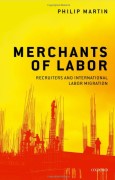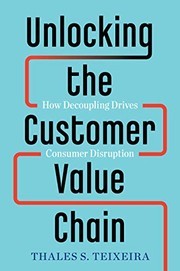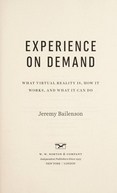Merchants of Labor: Recruiters and International Labor Migration
 Merchants of Labor: Recruiters and International Labor Migration / Philip Martin
Merchants of Labor: Recruiters and International Labor Migration / Philip Martin
Oxford: Oxford University Press, 2017
An in-depth analysis and a detailed description of possible solutions, this book looks at the topic of migrant workers and their employees. Closely examining the low-skilled labor markets and the recruiting businesses, Martin explains the prominent role of intermediaries.
The book offers a wide array of data regarding migration costs from over 3,000 workers to show some of the major factors that determine worker costs. The data reveal the process of worker migration with all participants involved from labor brokers to travel agents and, at the end of the sequence, the businesses themselves.
After exploring the problem, the author drafts some ways to improve the situation by laying out specific incentives to induce better recruiter behavior.
Philip Martin is Professor of Agricultural and Resource Economics at the University of California, Davis. He edits Rural Migration News, has served on several federal commissions, and testifies frequently before Congress. He is an award-winning author who works for UN agencies around the world on labor and migration issues.









